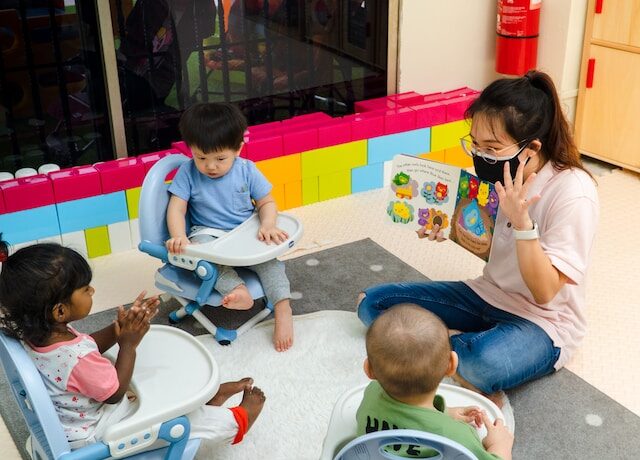The pivotal role of kindergarten in shaping a child’s future cannot be overstated. It serves as the foundation for lifelong learning, social development, and academic success. In the early years of a child’s life, kindergarten plays a transformative role in nurturing essential skills, fostering a love for learning, and establishing a solid groundwork for future educational endeavours.
Kindergarten acts as a gateway to the world of formal education, marking a child’s first step into a structured learning environment. It provides a crucial transition from the informality of early childhood to the more structured setting of elementary school. The experiences gained in kindergarten near me set the tone for a child’s perception of education, influencing their attitude towards learning in the years to come.Beyond academic knowledge, kindergarten is instrumental in fostering the social and emotional development of young children. It serves as a microcosm of society, offering a controlled setting for children to learn crucial social skills such as cooperation, communication, and conflict resolution. The collaborative nature of kindergarten activities lays the groundwork for successful interpersonal relationships in the future, both within and outside the academic realm.

Kindergarten provides children with their first exposure to fundamental academic concepts, laying the groundwork for future learning. Through age-appropriate activities and play-based learning, children develop foundational skills in areas such as reading, writing, mathematics, and critical thinking. This early exposure not only facilitates academic readiness but also ignites curiosity and eagerness to explore the world of knowledge.Kindergarten is a pivotal stage in instilling a love for learning. By incorporating play, exploration, and hands-on activities, kindergarten teachers create an environment that makes learning enjoyable and meaningful for young learners. This positive association with learning can have a lasting impact, shaping a child’s attitude towards education as they progress through their academic journey.
Kindergarten serves as a platform for children to develop independence and build self-confidence. The structured yet supportive environment encourages children to take on tasks independently, from dressing themselves to completing simple academic activities. These small achievements contribute to a child’s growing sense of autonomy and self-efficacy, providing a solid foundation for future academic and personal challenges.Kindergarten plays a crucial role in the early identification of any developmental delays or learning challenges that a child may face. The close observation by trained educators allows for timely intervention and support, ensuring that children receive the assistance they need to overcome obstacles and thrive academically. Early identification and intervention are key components in addressing potential barriers to learning and promoting overall success in education.

The skills and knowledge acquired in kindergarten form the basis for future academic milestones. From learning to read and write to developing numeracy skills, kindergarten provides the essential building blocks that children will continue to expand upon in subsequent grades. A strong foundation established in kindergarten sets the stage for success in elementary school and beyond.Kindergarten is not merely a preparatory stage for future academic endeavours; it is an integral part of shaping a child’s lifelong relationship with learning. The experiences, positive associations, and foundational skills acquired in kindergarten contribute to a child’s overall cognitive development, instilling a curiosity that propels them on a journey of continuous learning throughout their lives.





